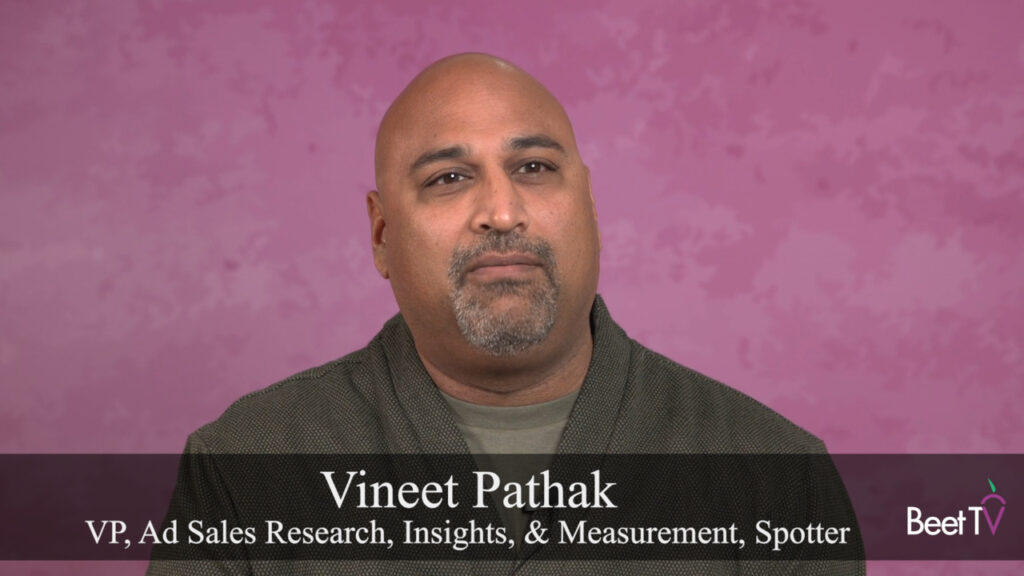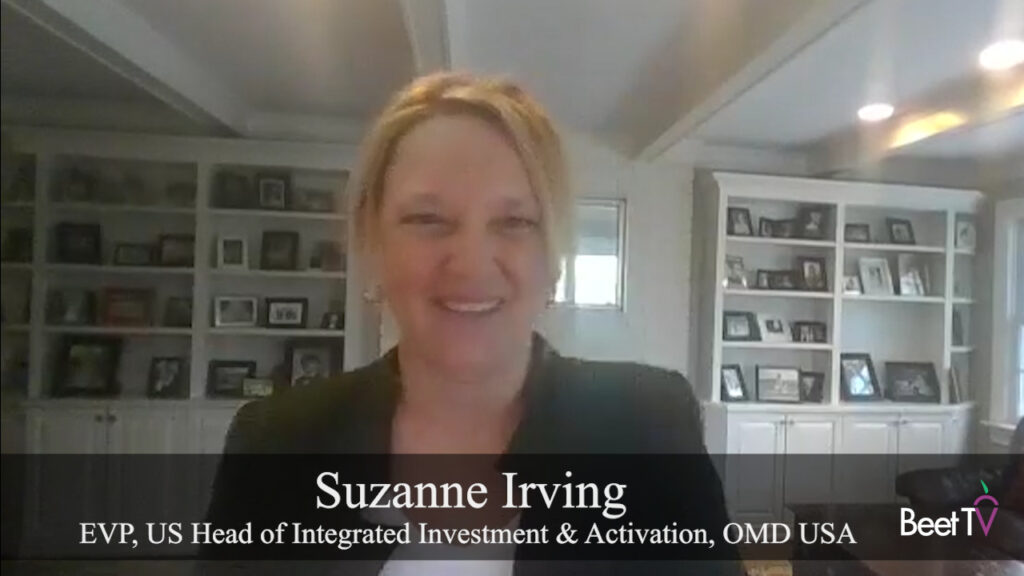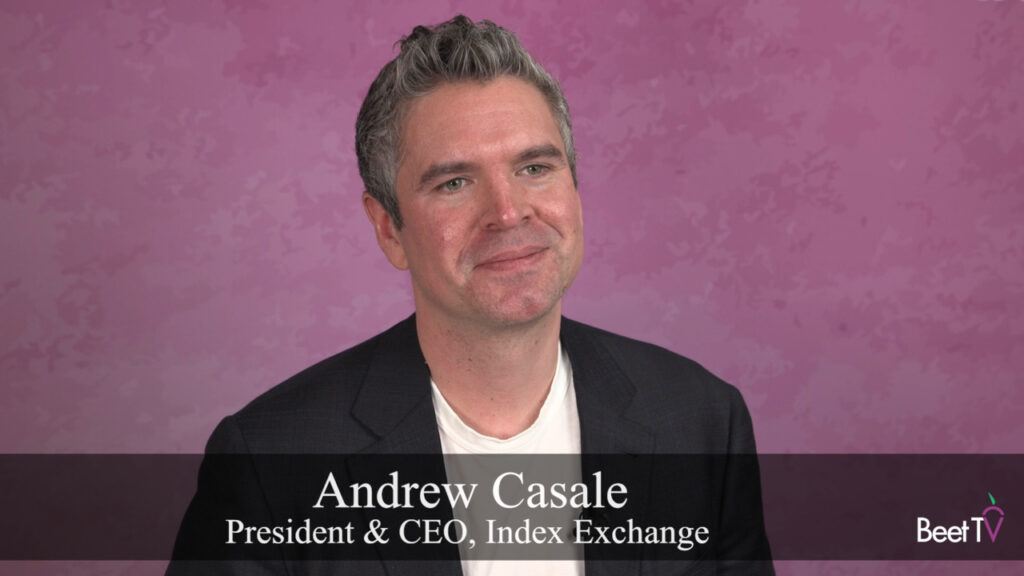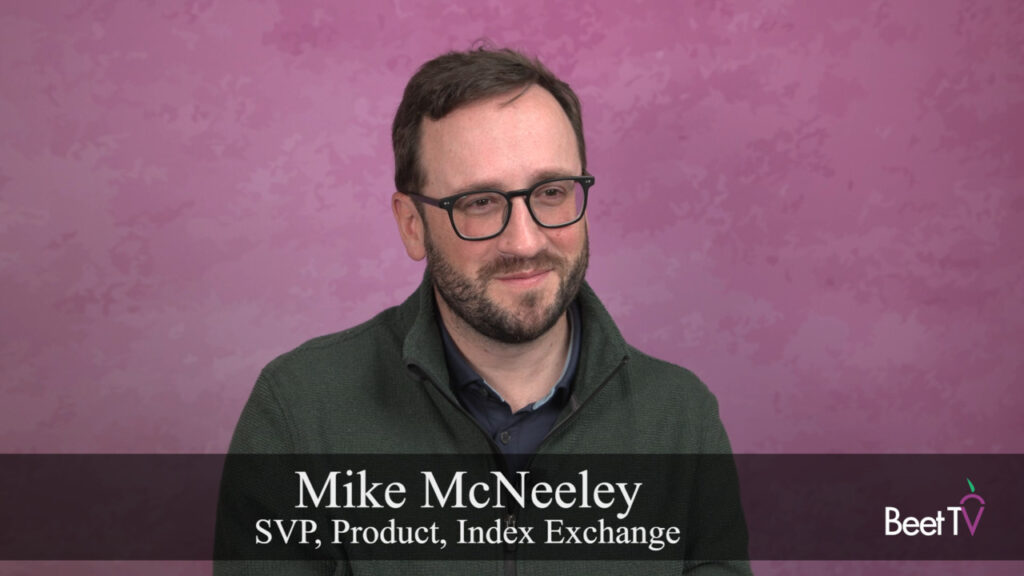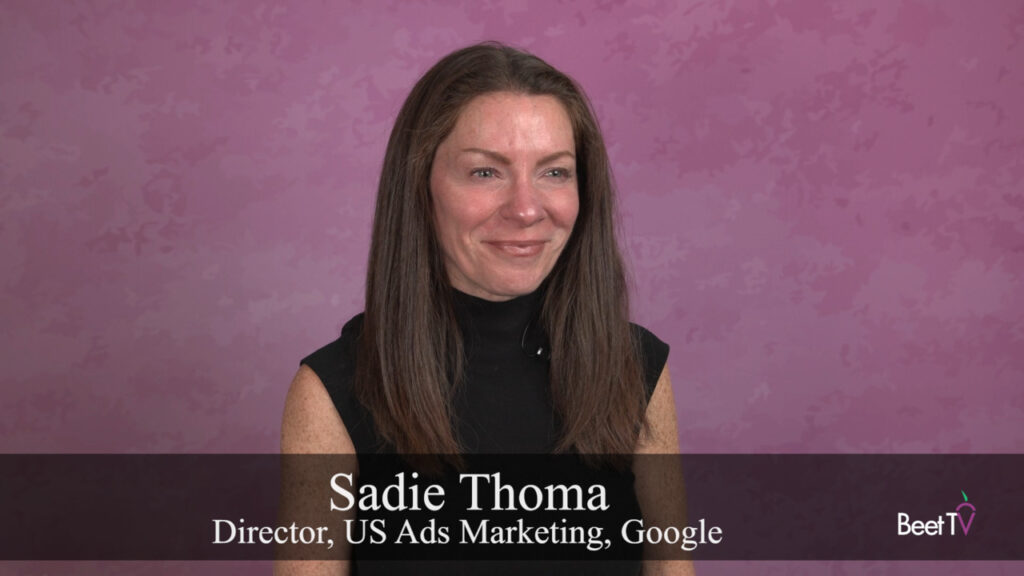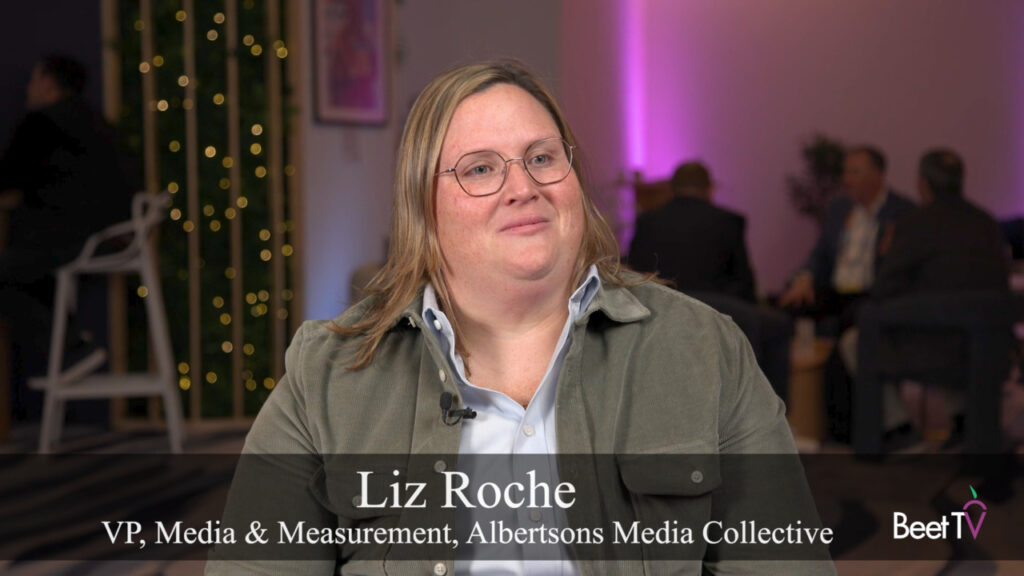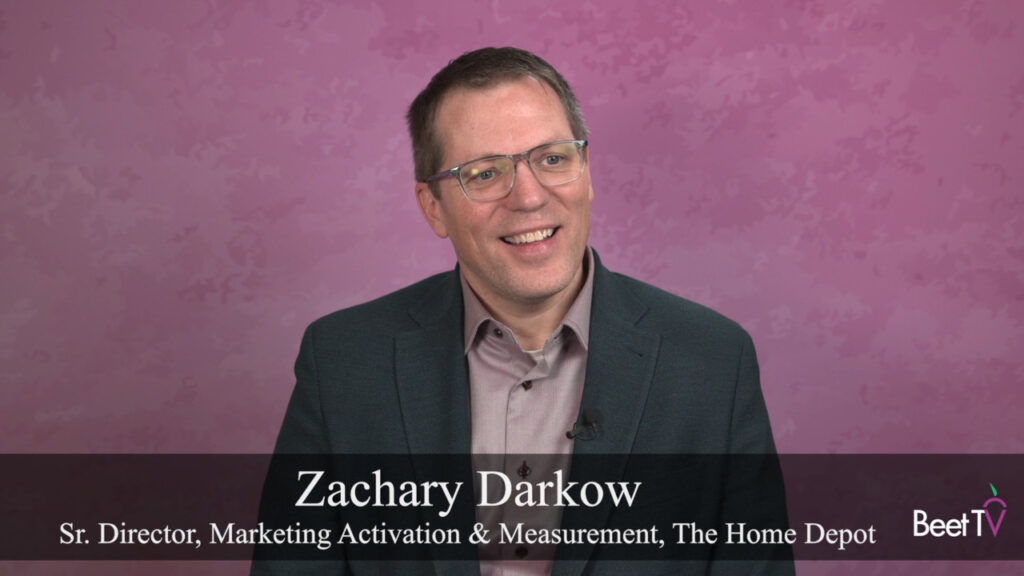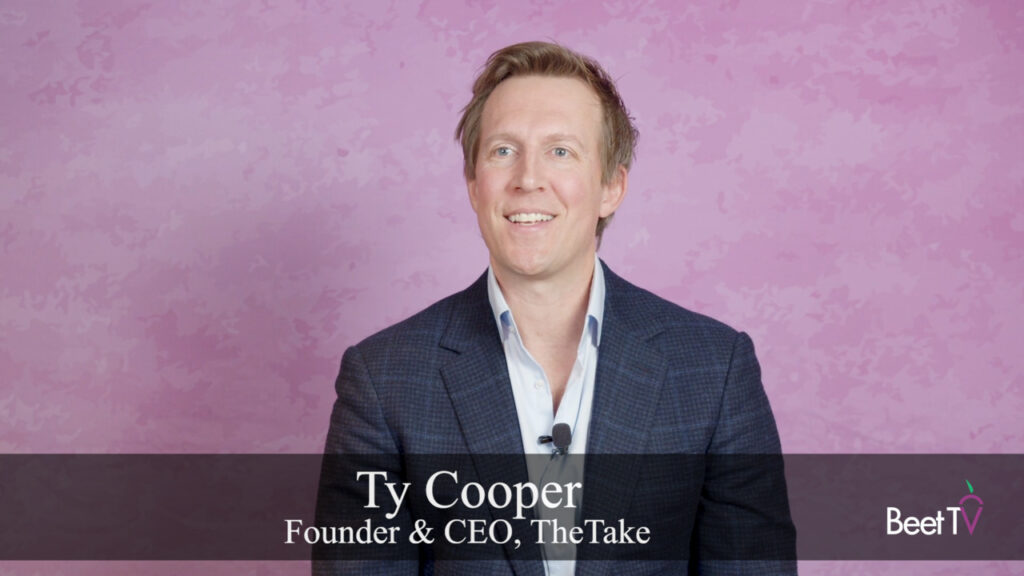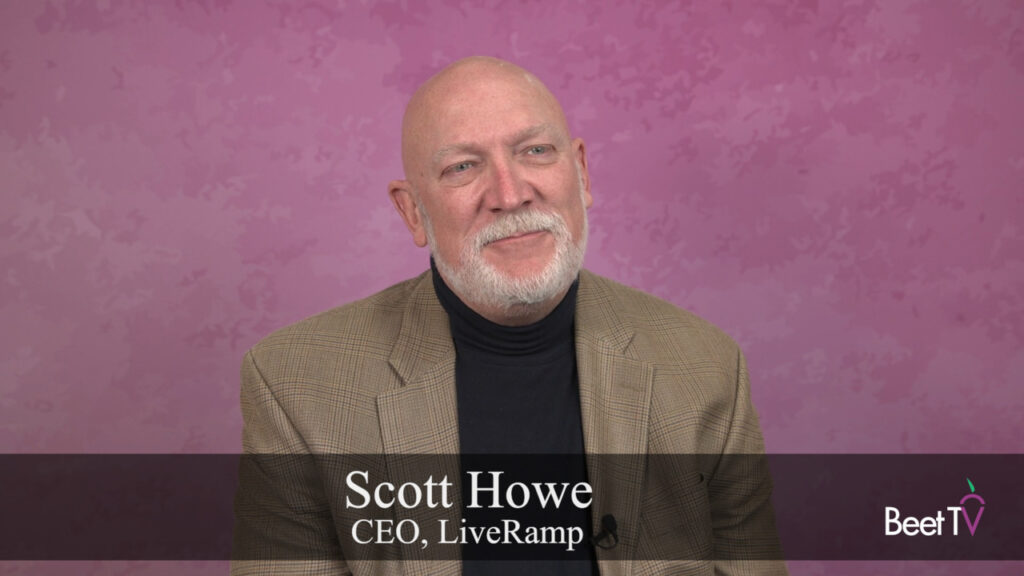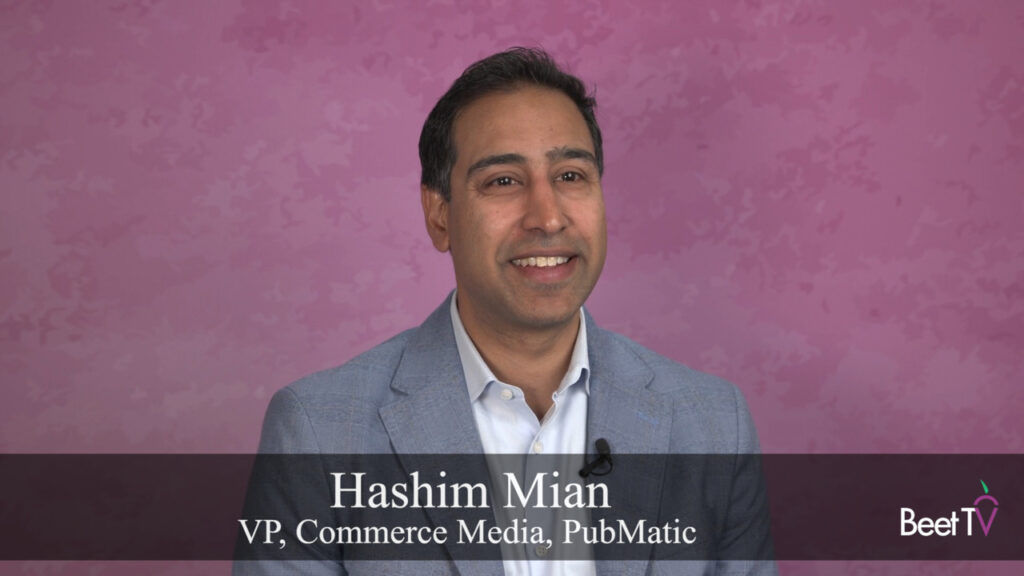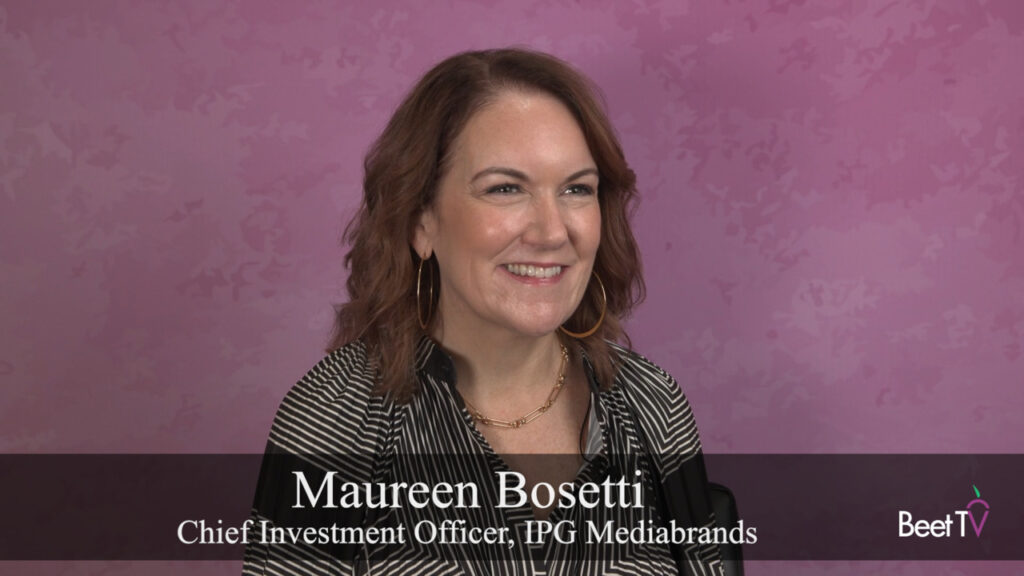For some advertising holding companies, transformation means pruning or consolidating assets accumulated over the last several decades. For IPG, it means paying $2 billion for consumer data giant Acxiom Marketing Solutions and its assets in more than 30 countries.
“We believe that the future of marketing and not just media is data driven, and that AMS can play a critical role in being able to connect different elements of the marketing ecosystem for our clients,” says Arun Kumar, IPG’s Chief Data & Marketing Technology Officer. “And that will also help us bring together creativity, scale in data and media smarts with the consumer at the center. We really see AMS powering all of that transformation for the holding company.”
In this interview with Beet.TV, Kumar explains that while AMS will be a huge boost for IPG’s own internal data stack, called AMP, IPG clients will continue to decide what data they want to use. “Clients have always had the freedom to decide what goes into the stack and what doesn’t.”
AMP creates audiences by melding online and offline data sets with universal IDs from Acxiom, as AdExchanger reports.
IPG’s deal for AMS is a cash transaction valued at $2.3 billion, or a net $2 billion after consideration of an acquisition-related, tax step-up benefit, according to a news release. The transaction does not include the LiveRamp business of Acxiom Corporation. Dennis Self and Rick Erwin will continue to serve as co-presidents of AMS, which will remain a stand-alone division, aligned with IPG Mediabrands and reporting to Kumar.
He stresses that being “agnostic” doesn’t mean that every piece of technology and each data asset in the market is one and the same. “It just means that you have an open mind to determining what is right for a client and what is not. And what we’ve determined is that in a giant majority of cases, AMS is suitable for our clients,” he says.
“Having said that though, they obviously have the freedom to be able to pick and choose what they want in their data stack and what they do not. And therefore I do not really see that impacting our objectivity.”
Kumar makes a distinction between being in the data business as opposed to the inventory business. “A large part of AMS is about managing first-party data as opposed to selling data.”
Moreover, many of AMS’ relationships are direct with clients and not through agencies, “therefore we do not really see a big impact because of it being bought by IPG.”
Given AMS’ data presence in more than in 30 countries, the acquisition “allows us to roll out those markets at a faster rate and it also allows us for much better integration between the core datasets along with the other data that sits within AMP. We think that it will be much faster, much more efficient and frankly much more effective,” Kumar says.




























